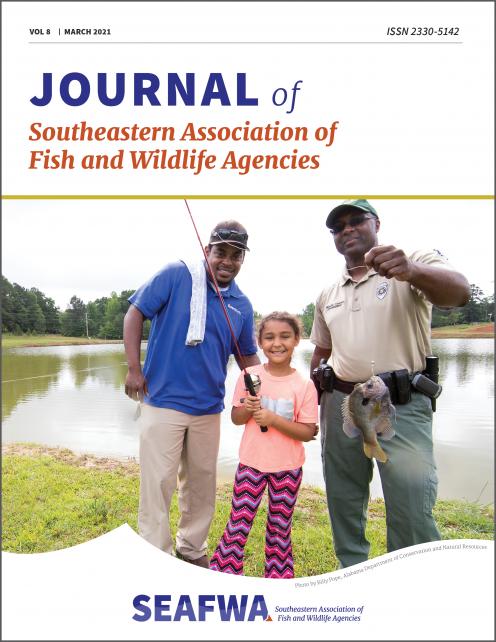Wildlife-related Recreation Impacts on Rural Land Values
We conducted a survey to evaluate 2003-2008 sales of private rural lands in Mississippi that were purchased for wildlife-related recreational
uses. Land parcels purchased (n=800; totaling 102,611 ha) were predominately forested (45%), followed by agricultural lands (26%), early successional habitats and recently planted pine forests (25%), and other lands (>3%). Hunting (99%) and motorized vehicle use (65%) were common uses reported on properties. Wildlife-related recreation accounted for an estimated 34% (US$1,566/ha) of overall value of rural lands sold. Cover types such as...
